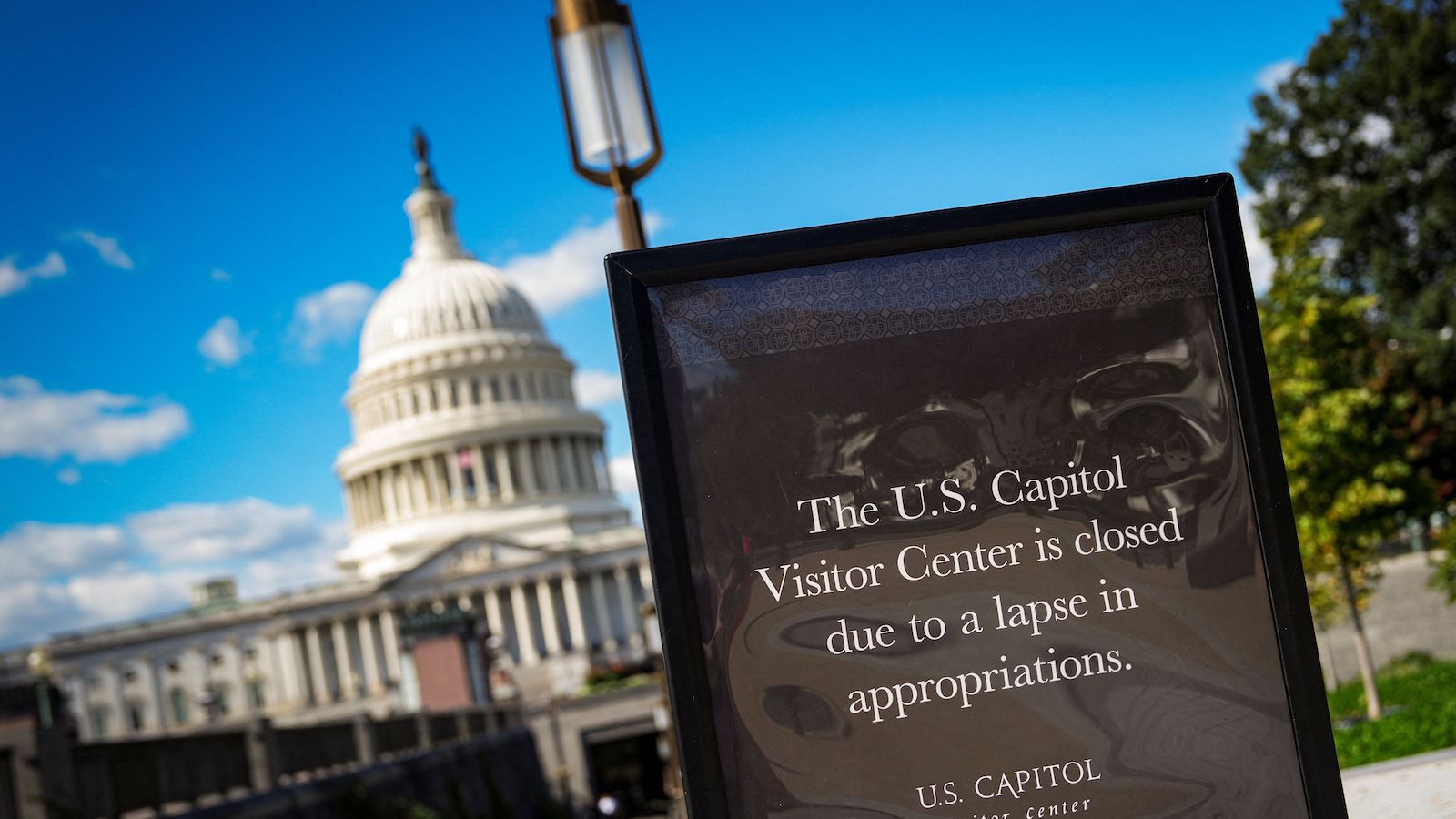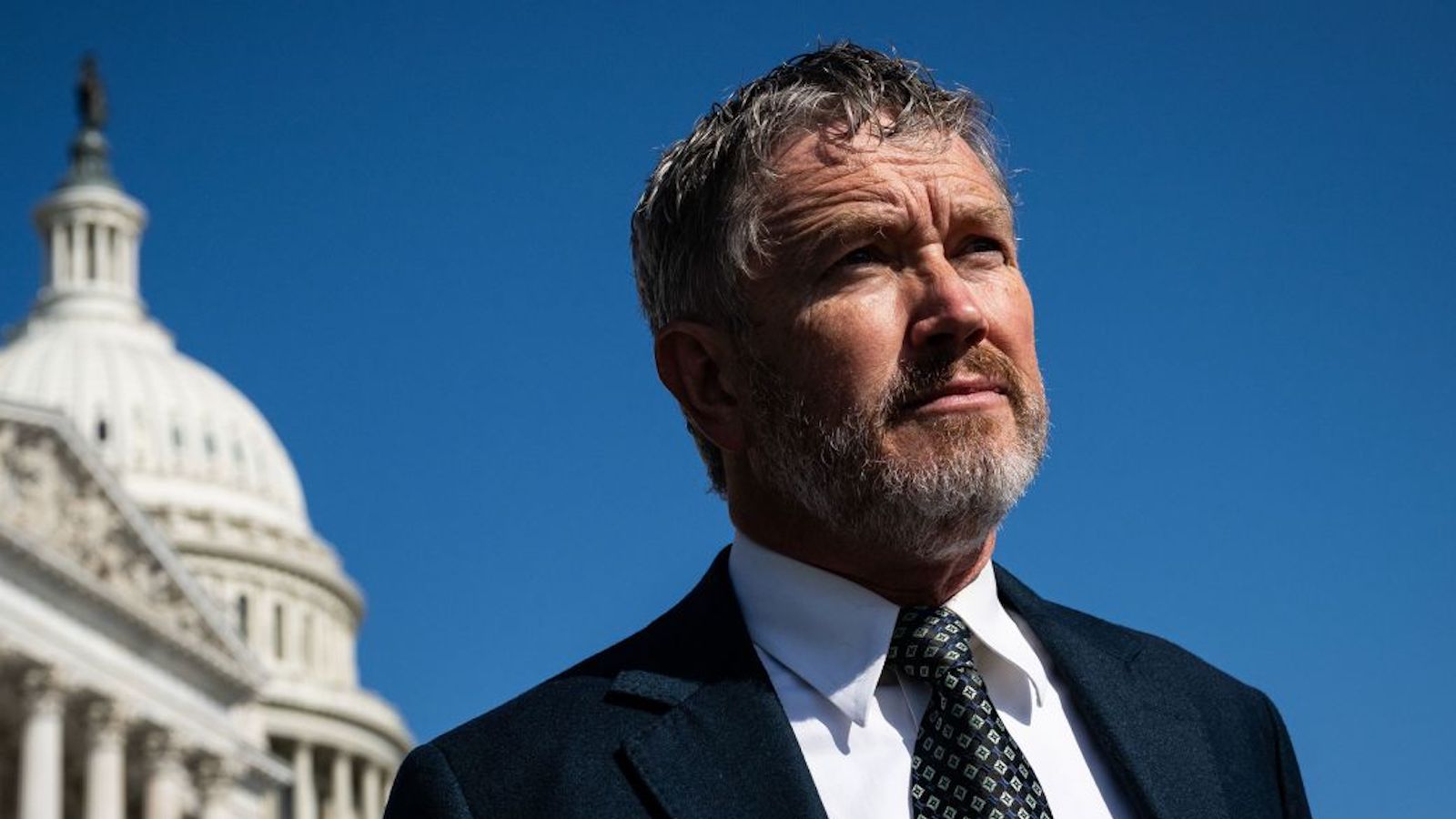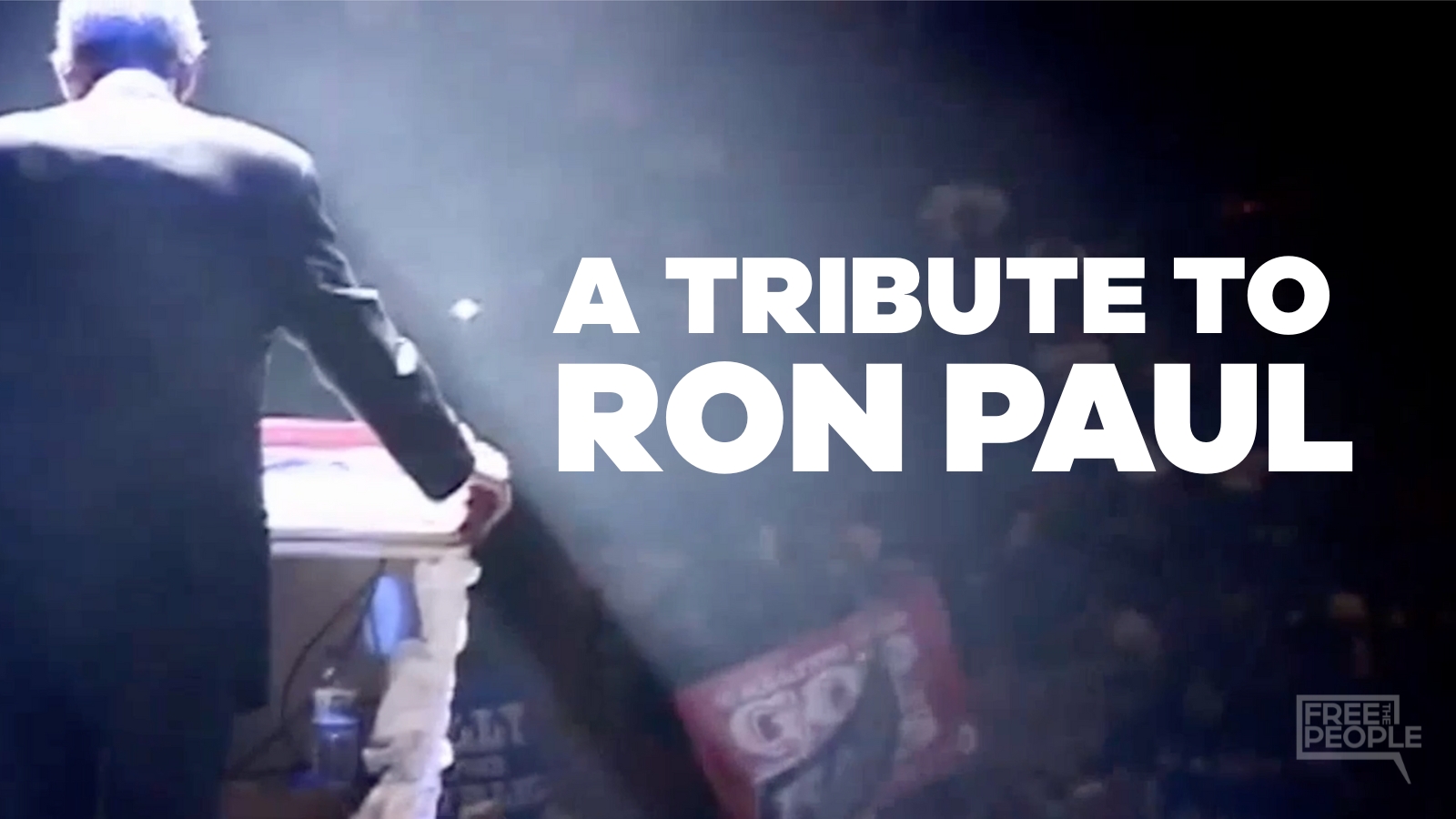
Rand is Right on Russia Relations
Senator Rand Paul has returned from meeting with officials in Russia, and you can tell he’s up to some good based on the howls coming from partisans in both parties.
Bearing an introduction letter from President Trump, Paul has met with Russia’s top diplomat, invited the Russians to send a delegation to D.C., and generally aroused the ire of war enthusiasts wanting to provoke the Russians, not talk to them.
I’m used to hearing John Bolton make insane statements, like when he called Russian hackers messing with our elections an “act of war,” but a number of Democratic lawmakers have echoed that very line. The actions of Russian hackers and propagandists during the 2016 elections are certainly worthy of condemnation, but an act of war? Seriously?
I prefer Senator Paul’s approach: “We should stand firm and say ‘Stay the hell out of our elections,’ but we should not stick our head in the ground and say we’re not going to talk to them.”
The obsessive media coverage of potential Russian meddling in the 2016 election seems to have dimmed memories of just how tense our relations with Russia have gotten. It was just four months ago that President Trump’s air strikes on the Syrian government threatened to draw us into open conflict with Russian forces there. U.S. forces have clashed with and even killed Russian mercenaries inside of Syria, and the potential for a misunderstanding to escalate remains all too real.
So while the media are fixated with Trump’s thaw with Russia as a sign that he’s some sort of compromised agent of Putin, Senator Paul has found an opportunity to advance a policy he has supported since well before candidate Trump was a thing—stopping the foreign policy establishment from pushing us ever closer to war with a nuclear power.
No one—least of all Senator Paul—is pretending that Vladimir Putin is our buddy, or that Russia is likely to become our best friend in the world any time soon. But what he has been consistent in saying for many years now is that it’s always important to have an open line of communication, even—perhaps especially—with world leaders we don’t much care for.
Remember that in the tense days of the Cuban Missile Crisis, President Kennedy overrode his generals and averted nuclear war with Russia by communicating directly with Soviet Premiere Nikita Khrushchev. Reagan, too, was lambasted by neoconservative war-hawks when he came around to talking with Gorbachev, but it was diplomacy as much as strength that helped ease the Soviet Union into retirement.
To communicate is hardly to surrender; diplomacy is wisdom, not weakness.
Sanctions and censures and saber-rattling and blank checks to the Pentagon pose little risk for the politician in D.C.; other people pay their bills and fight their wars. Precisely the opposite of the soldier’s dilemma, for a politician in DC it is far more perilous to stand for peace than to charge towards war.
So good on Rand for being the clearest voice of reason at a time when politics and the never-ending war machine are taking us to a very dangerous place.



